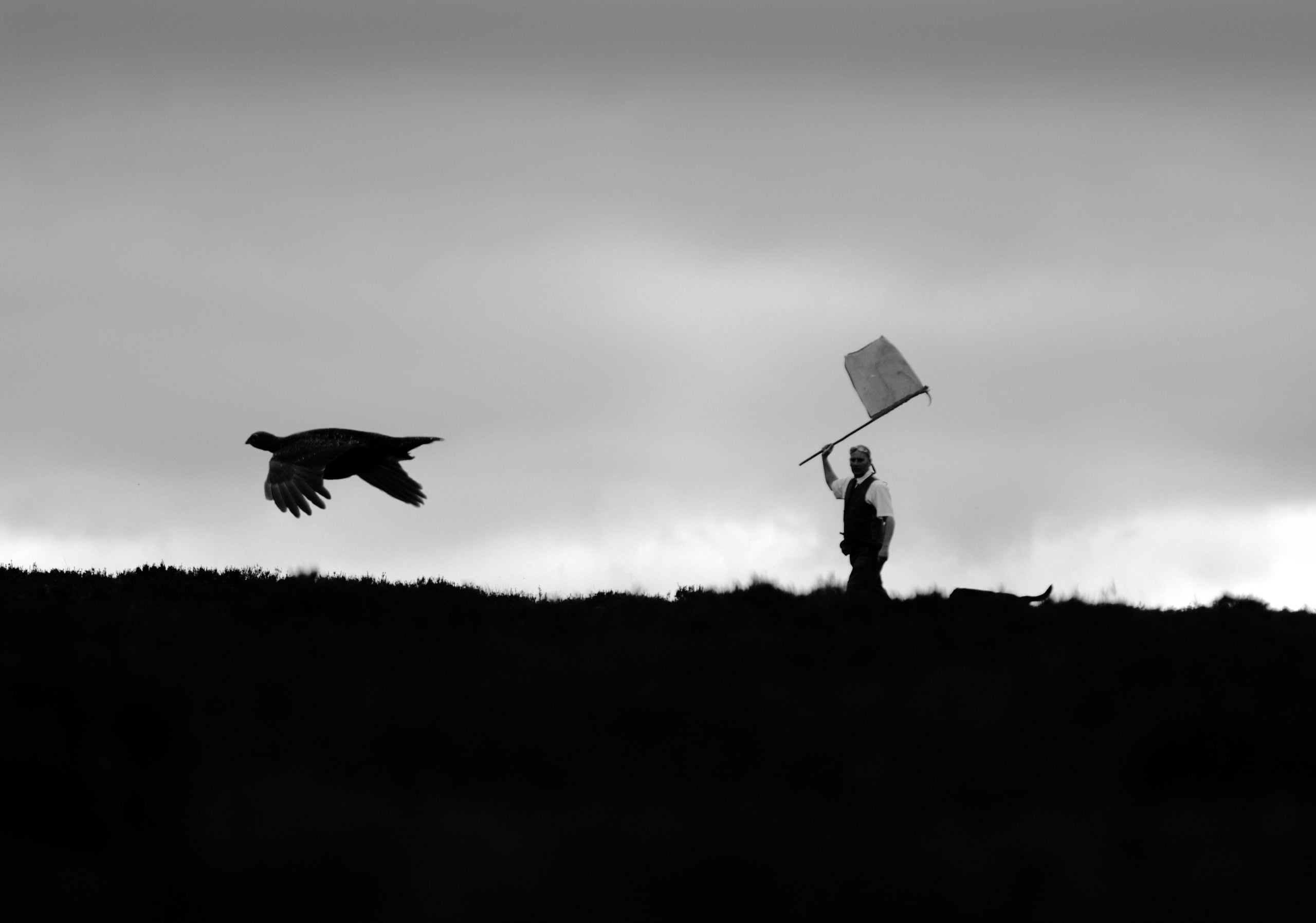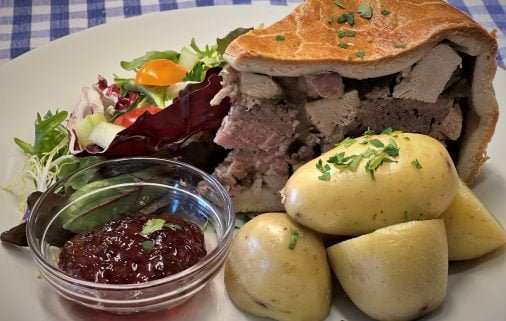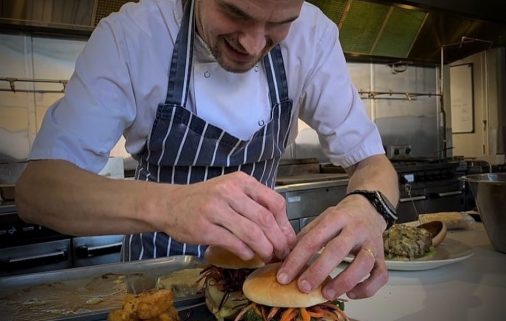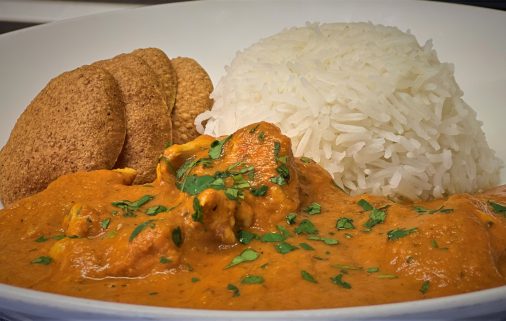Estate to Plate – Pheasants, Grouse and Deer at Roxburghe Estate

We are proud to be able to supply our visitors and guests with the best of the larder that the Scottish Borders has to offer, and will continue to manage the natural environment to support biodiversity and balance, in order to ensure the stability and sustainability of the habitats and populations to be found on the Roxburghe Estate.

The Roxburghe Estate is fortunate to be the custodian of a wide variety of habitats and environments across the Scottish Borders. It is central to our philosophy that these areas are managed and maintained with the very highest standards and an understanding of the interrelationships that balance the diverse ecosystems to be found here.
We are also champions of sustainability and conservation. One way to minimise our environmental impact and reduce our carbon footprint is to ensure that, as much as possible, as much of the produce that we sell on-site has a low food mileage attached to it. This means that we aim to minimise the distance (and in turn the fuel cost and environmental impact) that the products we use travel to get to us. This means that wherever possible, we will use local suppliers to get the products we need. In some cases we can go further, and obtain produce directly from the Estate itself.
One area where this is most evident, is in the production of game. Anyone that has visited the Scottish Borders will have noticed the prevalence of pheasants the call of the male of the species is a common sound across the region, and they provide a variety of challenges on the local roads. Archaeological information suggests that pheasants were introduced into Britain by the Romans but were only really common from the 15th Century. At that time they were mainly bred for the table, but may also have been hunted by trained hawks.
As a sporting estate, we have a managed population of pheasants that supply us with great fresh produce for the pheasant curry, game pie and game terrine that are popular items on the seasonal menu at the Terrace Café. Pheasants are released into our woodlands during the summer and the shooting season runs from October 1st to February 1st. The Estate offers some spectacular pheasant shooting in the park at Floors Castle including our signature drives over the River Tweed. Pheasant is lower in fat and cholesterol than chicken; it has a stronger taste, but still takes flavour very well and is the perfect meat to accompany a little spice.
Grouse is lower still in fat and cholesterol, though this is unfortunately not currently offered on the Terrace menu as 2021 was a poor breeding season for the species. Grouse numbers are currently experiencing a low across most of Scotland, with poor weather conditions last year, combined with an increase in predatory species and a decrease in the natural food supply for the grouse population forming the main cause for the decline. That being said, our moors at Byrecleugh and Rawburn are looking promising in terms of their recovery in numbers and we may be able to reach a small harvestable surplus for the season ahead, which runs from 12th August to 10th December.
The success of the Grey Partridge conservation project on the estate, started by the 10th Duke, has also borne fruit. Over the last few years this project has led to the creation of a small harvestable surplus and guests in the castle have been served the product of another managed wild population. In the process of managing this population we are able to lower our carbon footprint whilst creating, maintaining and preserving natural habitats, as well as the planting of hedgerows and the sowing of wild flowers and bird feed crops in broader field margins.
New on the menu last season, and being retained for the first part of 2022 due to its popularity, is our venison burger, a product of the management of the Roe Deer population. It is important to control Roe Deer numbers for a variety of reasons. Firstly, it is possible for the population to more than double in size annually if left un-managed. This will have a negative effect on the environment through overgrazing of its main food sources and on the quality of life that the population enjoys. Roe Deer numbers have surged in recent years, and while the recovery of the species is welcome, the absence of large carnivores in the UK means adult roe deer have no natural predators.
Consequently, deer population density can reach extremely high levels, with total deer numbers in the UK thought to be at a 1,000-year high. This can have a significant negative impact on the environment however, with overgrazing preventing the regeneration of woodland, thereby affecting woodland structure and tree species composition. This has knock-on effects for other species of woodland flora and fauna. Furthermore, they unfortunately have become the cause of increasing numbers of road traffic accidents. For this reason, some deer populations are culled to control their spread and reduce habitat damage. The advantageous bi-product of the management of Roe Deer is the ethically and sustainably sourced (not to mention delicious!) venison products for the Terrace Café and Apple Shed.
We are proud to be able to supply our visitors and guests with the best of the larder that the Scottish Borders has to offer, and will continue to manage the natural environment to support biodiversity and balance, in order to ensure the stability and sustainability of the habitats and populations to be found on the Roxburghe Estate.




